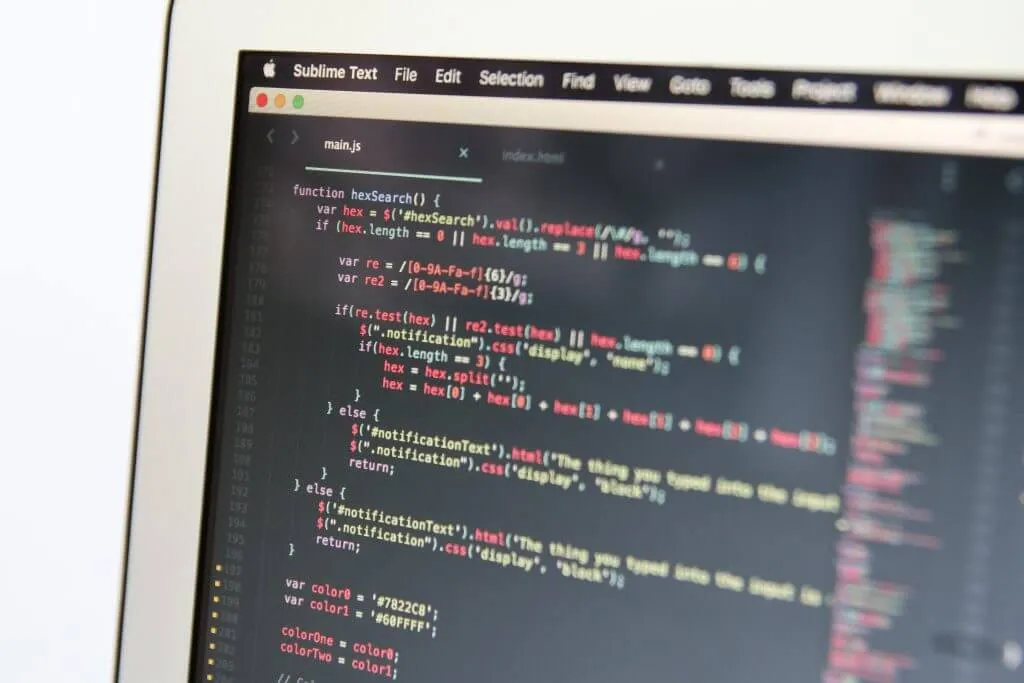Technology trends come and go.
A decade ago, the buzzwords were AI and Machine Learning.
Half a decade ago, Cloud was all the rage.
Now we’re talking about Big Data and Kafka.
Who knows what the buzzwords will be in another 5–10 years.
The beginning of the 21st Century was not the first time that AI was a buzzword.
The previous time occurred in the era of John McCarthy, one of the smartest and most innovative computer scientists ever to exist.
Anyhow, back to the point: AI was a big thing in the 1960s.
Now, I’m going to ask you, What’s actually changed about AI from the time they were using Lisp back in the McCarthy era, albeit on much less powerful machines, and AI in the 2000s when it saw a resurgence?
From the 70s through the 90s, there was the AI Winter wherein people were disillusioned about the power of computers because they didn’t go and take over the world in the 1970s.
Now, people are slowly losing faith in that little A buzzword because computers didn’t take over the world in the 2000s.
Now, they’re just excited about having more powerful computers, be able to look at bigger and bigger data sets, and using queues to connect different processes together, kind of like a factory.
So, what’s the lesson?
Don’t worry too much about the fields of the future.
The buzzwords will change with the times. The science will plod along as science generally tends to do.
The engineering will be applied science as it always has been.
Conclusion:
You might ask this question:
What can I do ?
Become competent!
Learn how to think and program properly.
Understand how to get a system to do what you want it to do.
If you can do this, you’ll be fine no matter what field you wind up in at any given point.
Bonus:
Even bad code can function. But if code isn’t clean, it can bring a development organization to its knees.
Every year, countless hours and significant resources are lost because of poorly written code. But it doesn’t have to be that way.
Noted software expert Robert C. Martin presents a revolutionary paradigm with Clean Code: A Handbook of Agile Software Craftsmanship.
Martin has teamed up with his colleagues from Object Mentor to distill their best agile practice of cleaning code on the fly into a book that will instill within you the values of a software craftsman and make you a better programmer, but only if you work at it.
#software-development #programming #coding #software-engineering #technology
